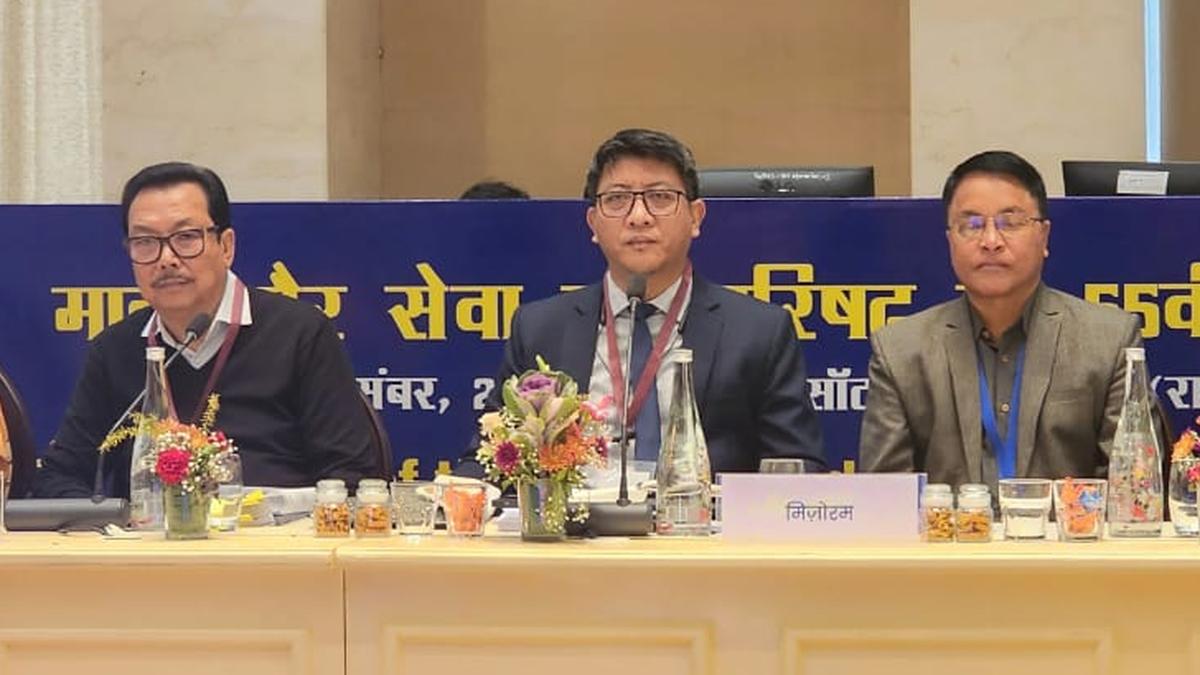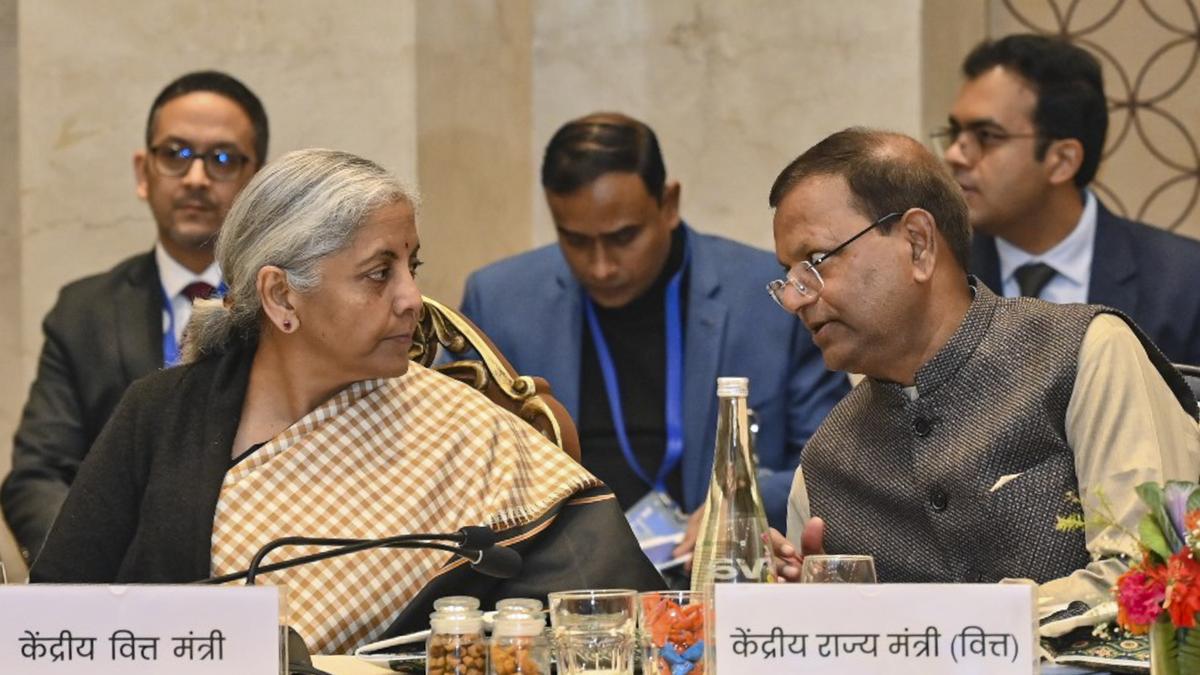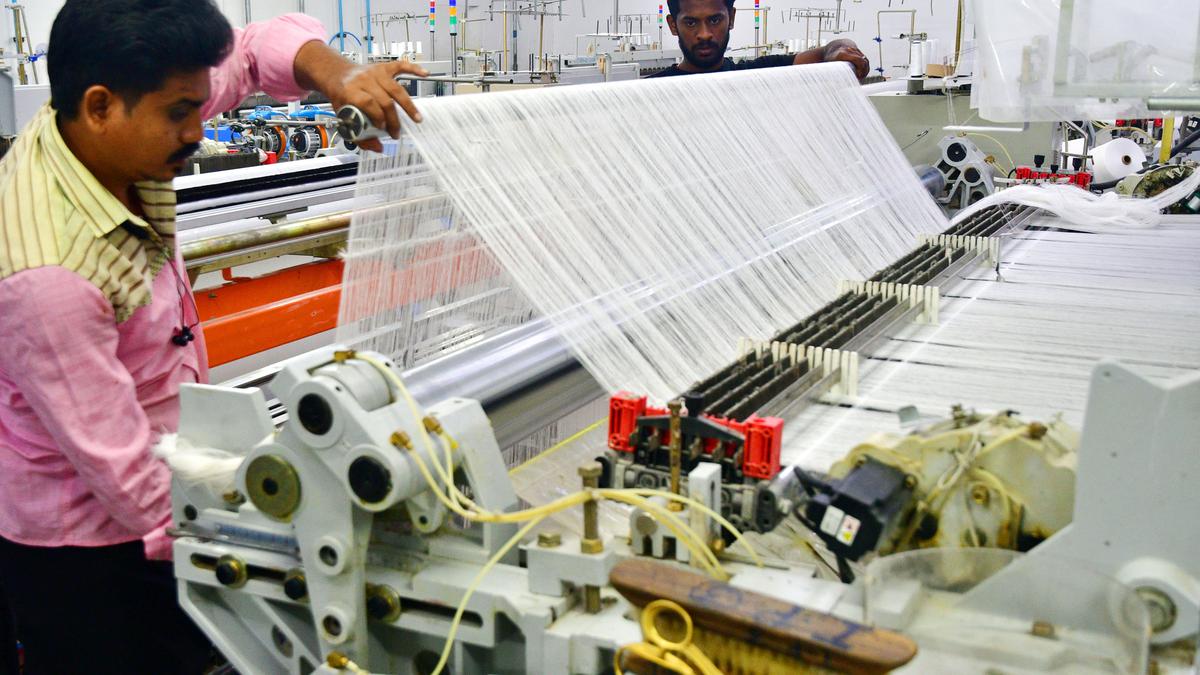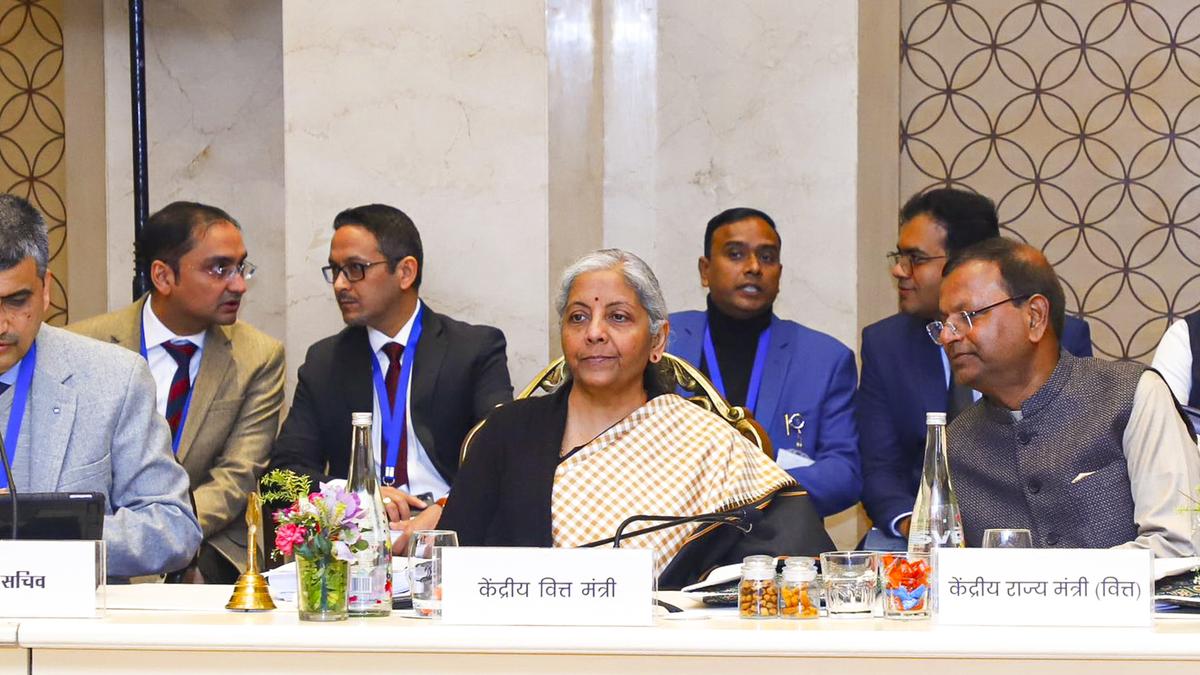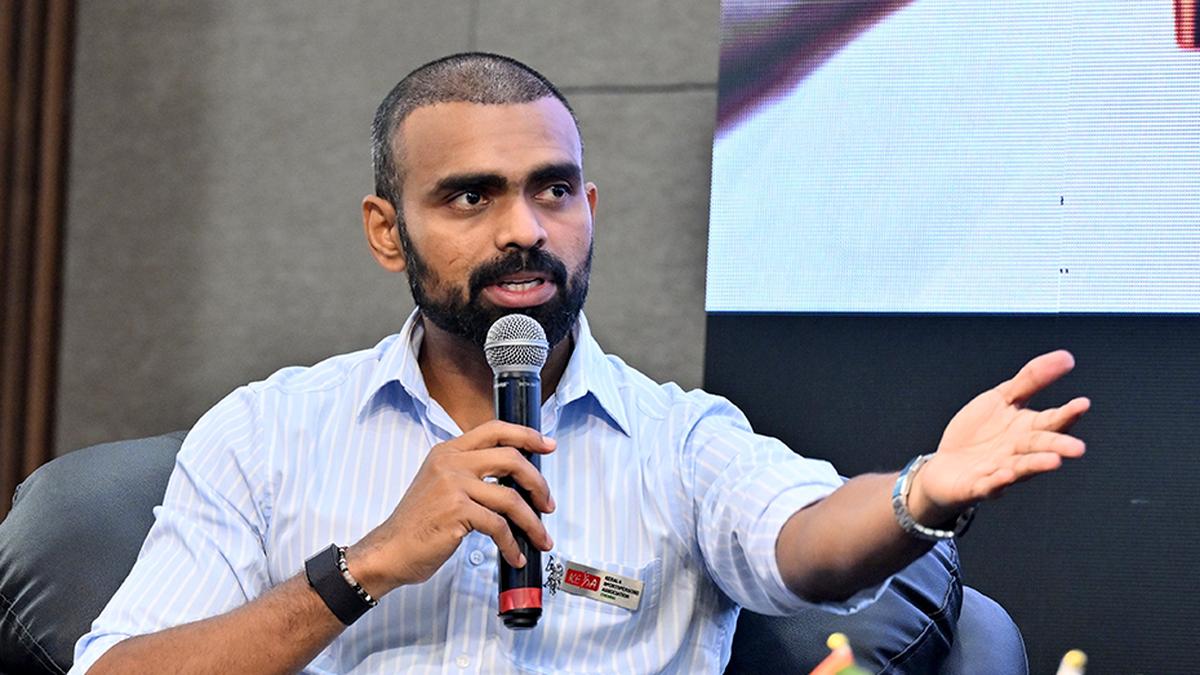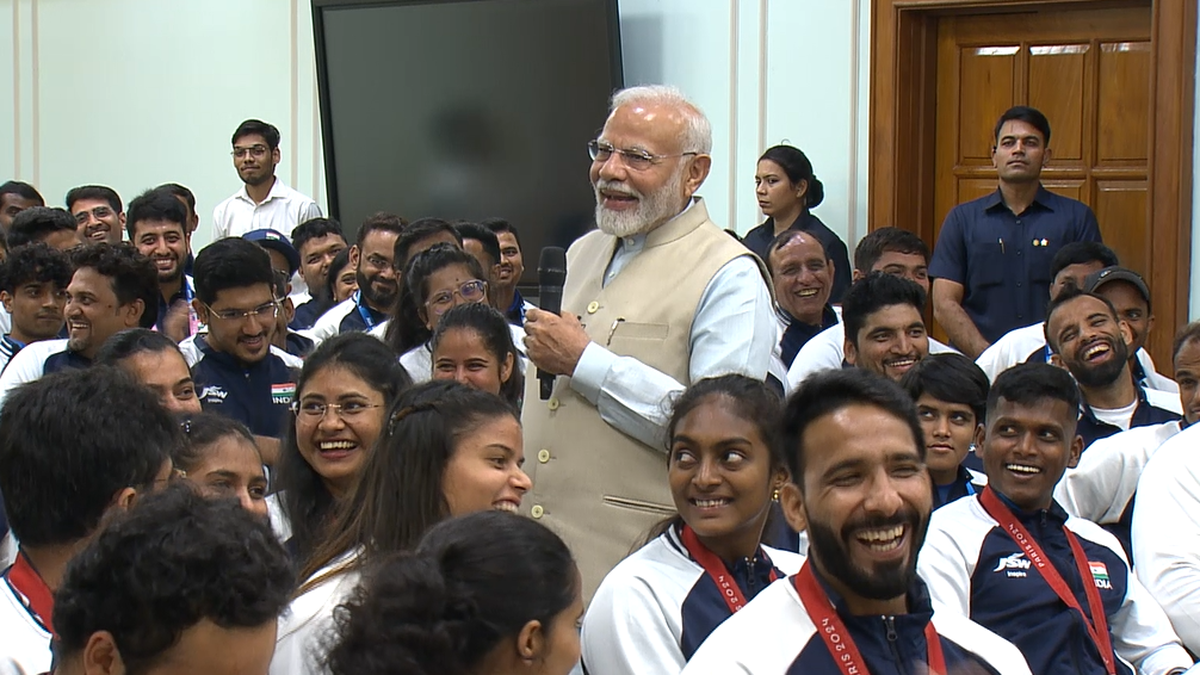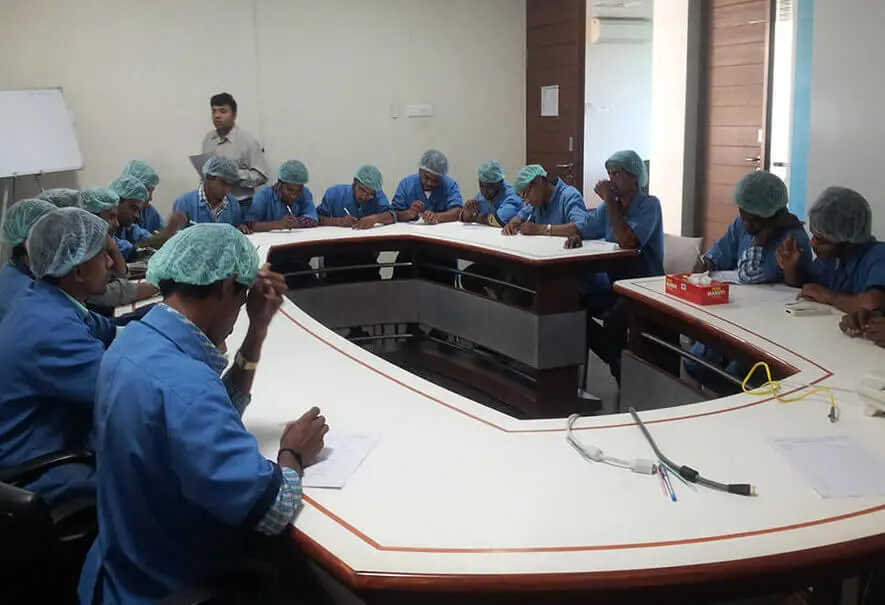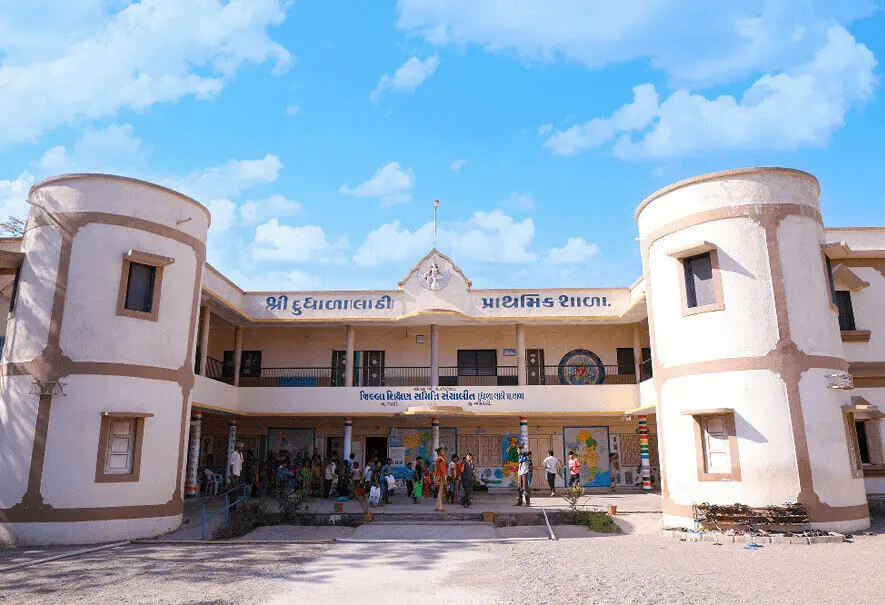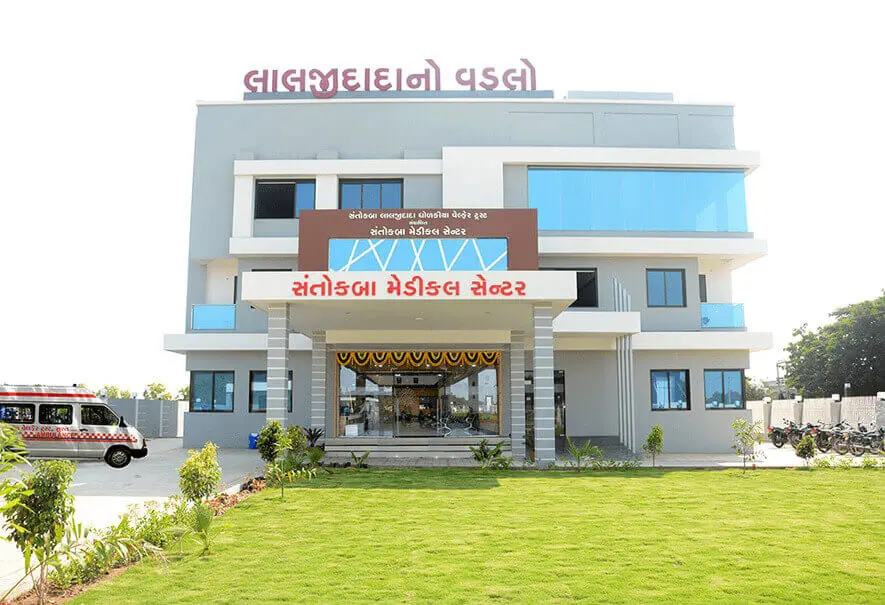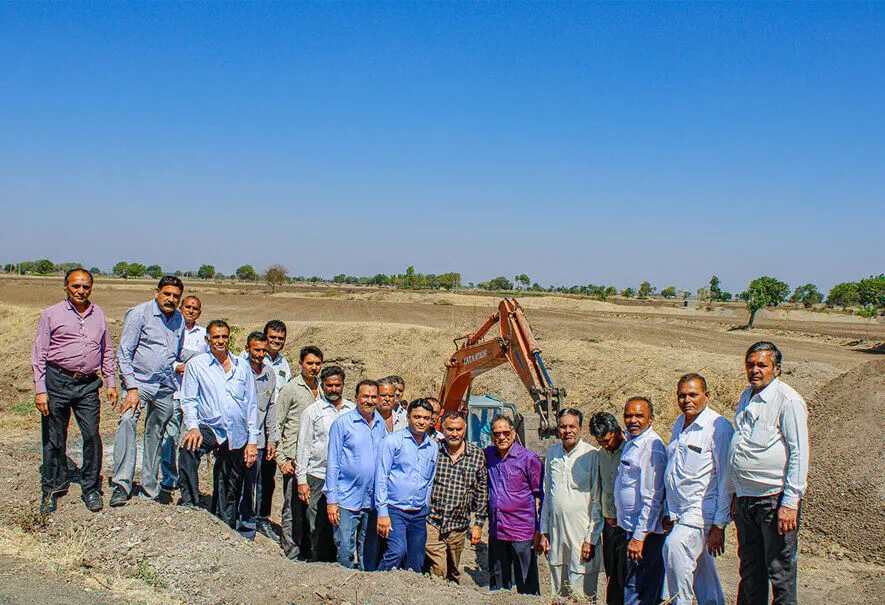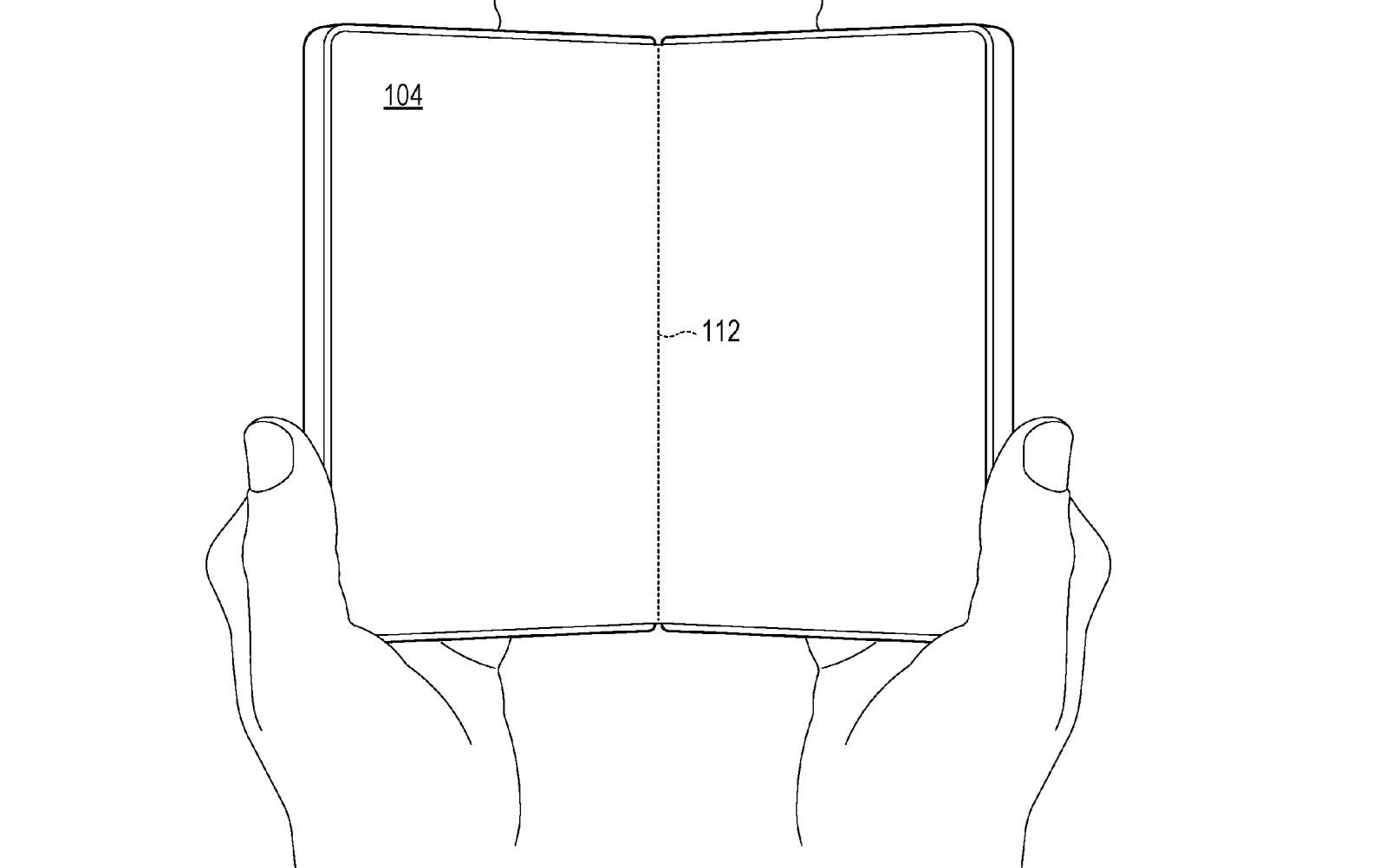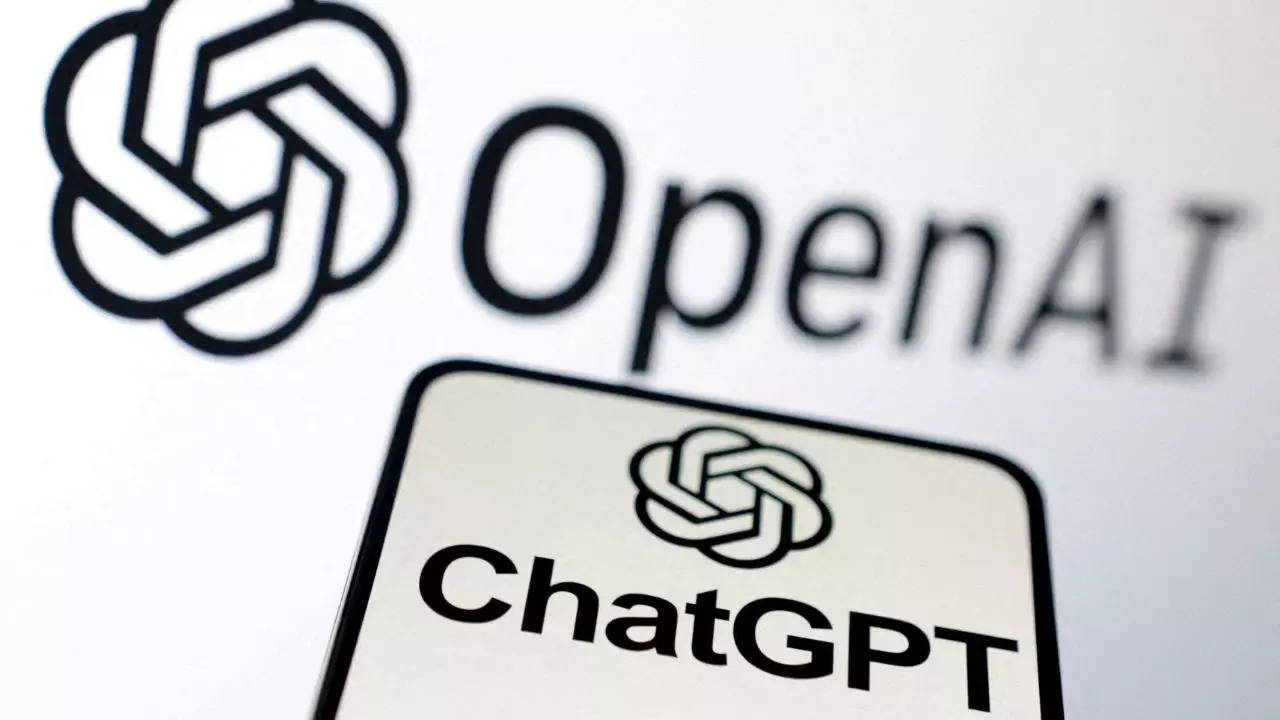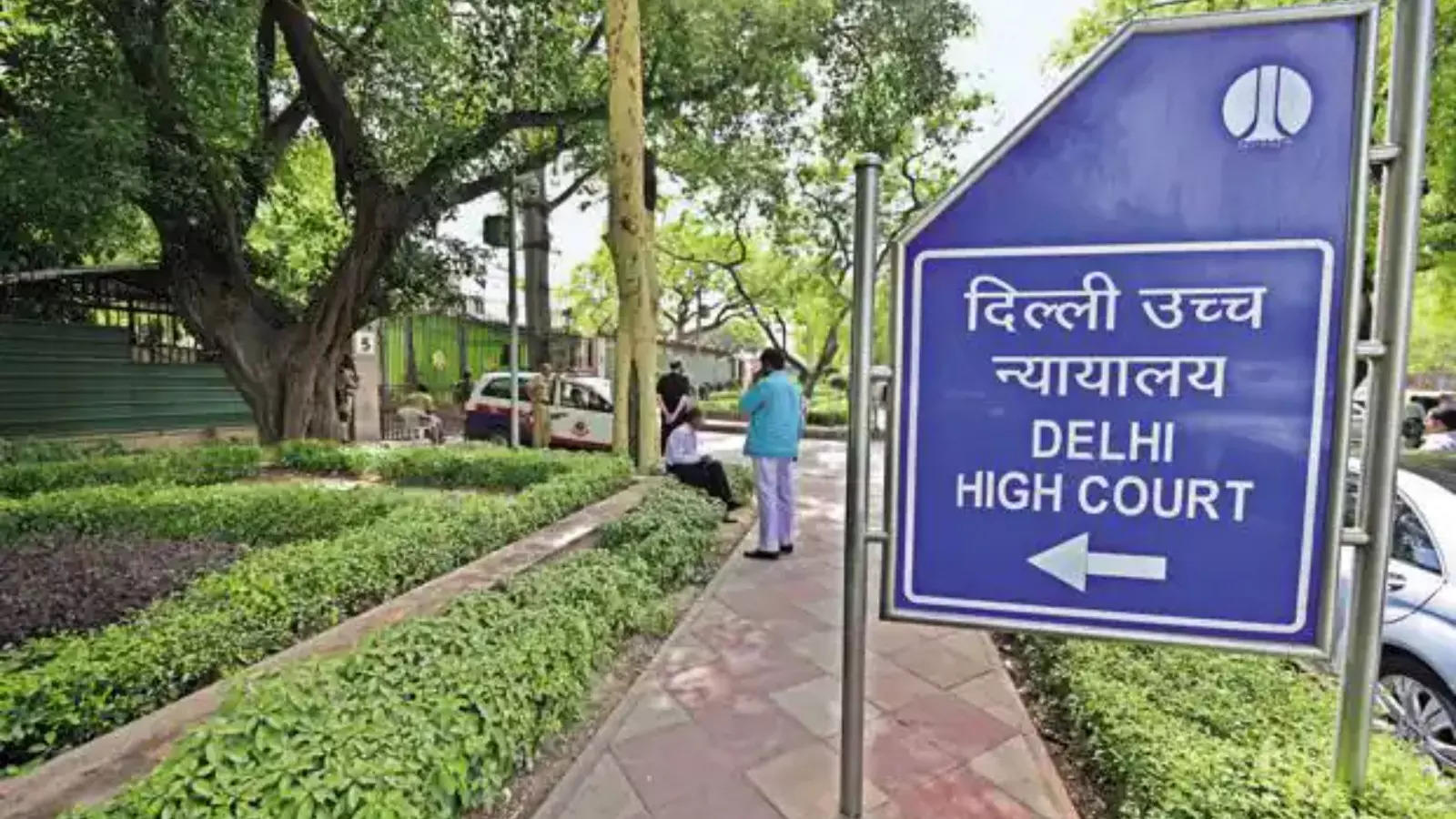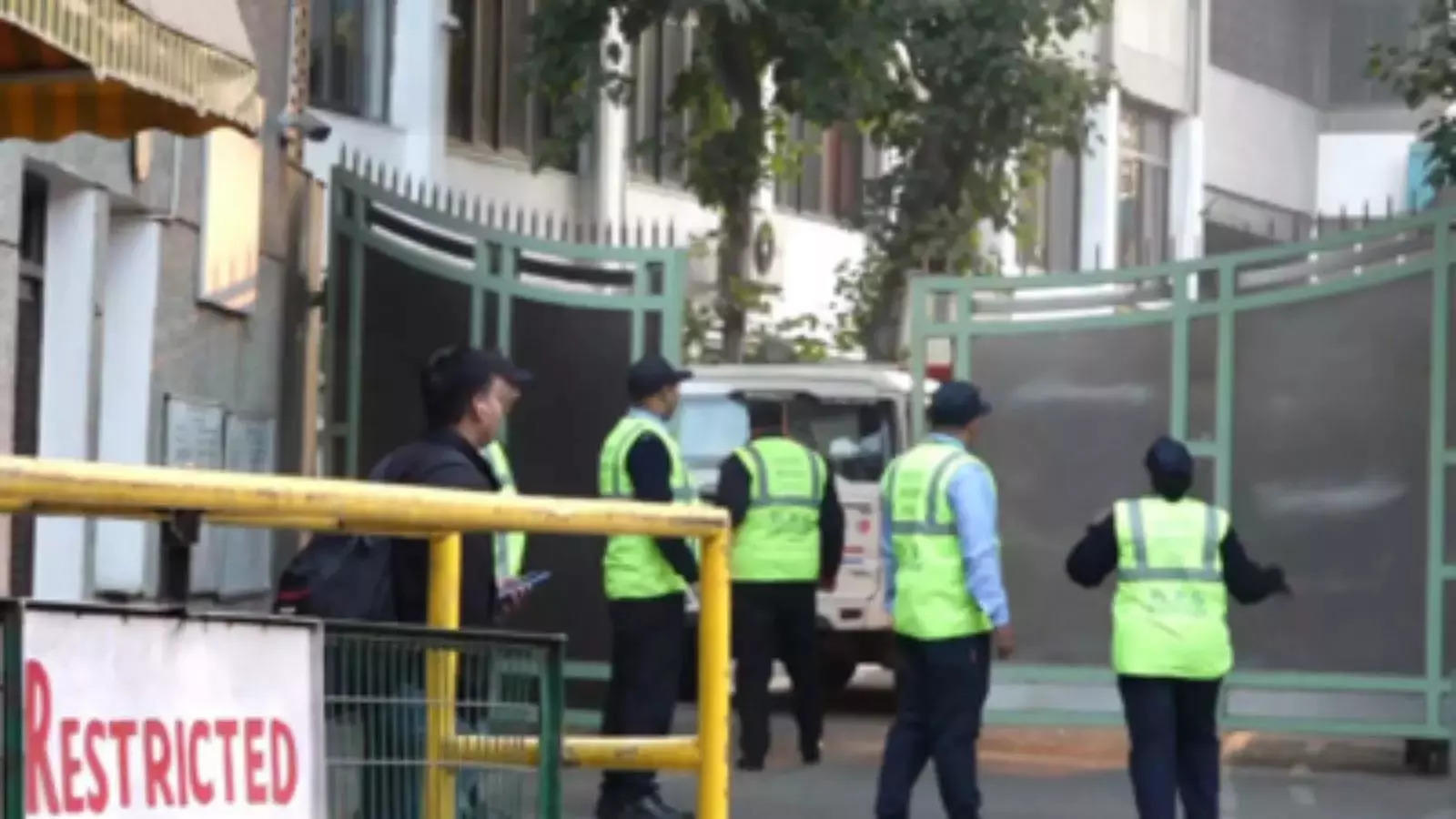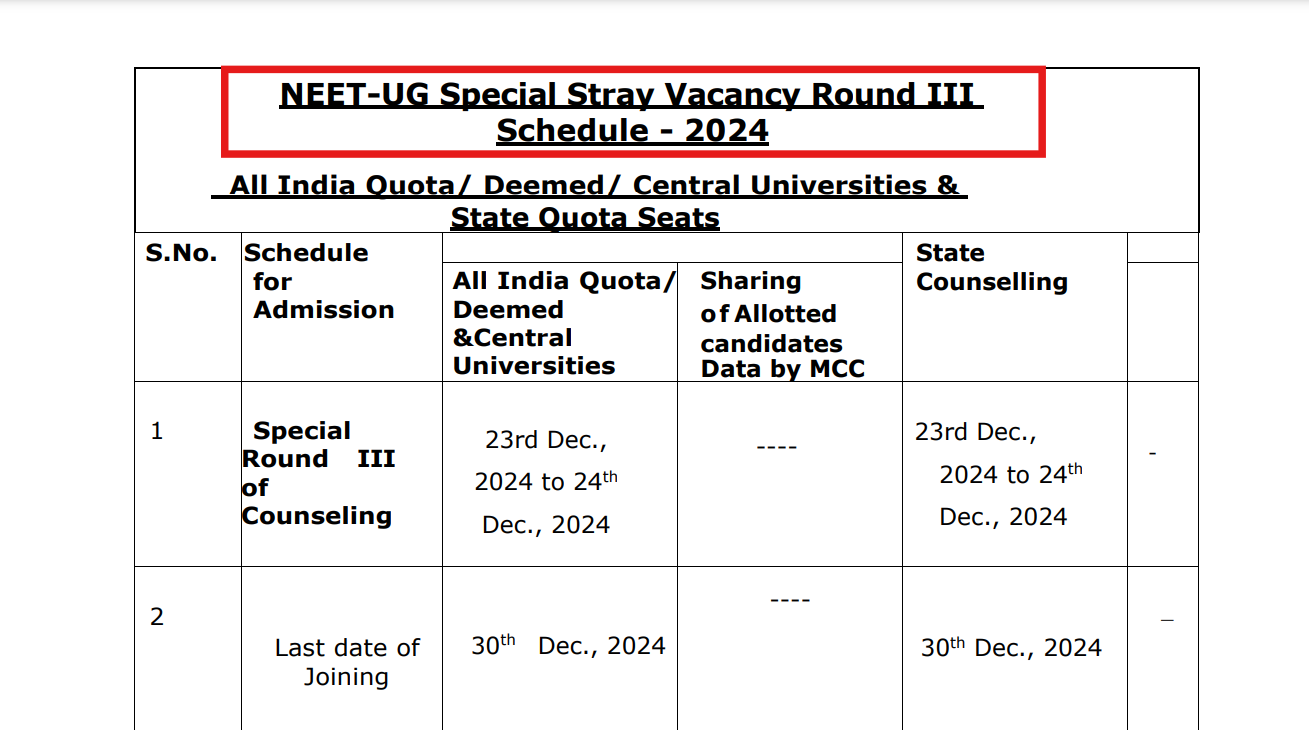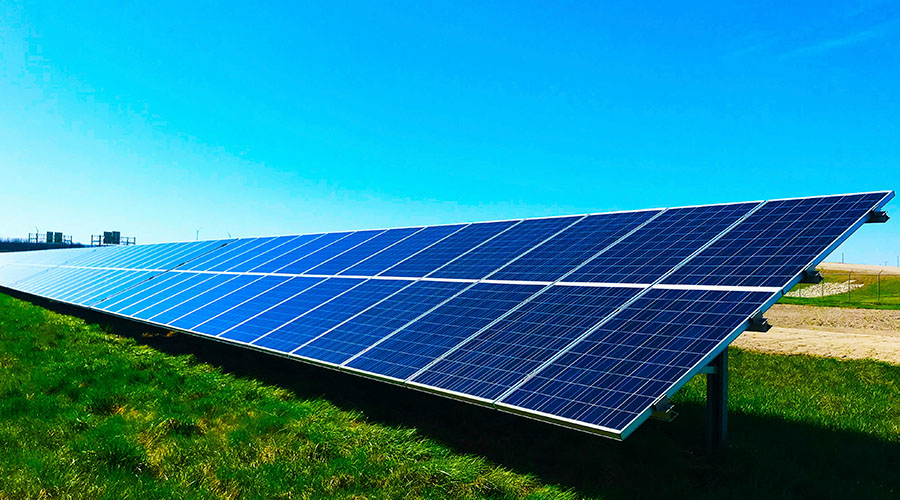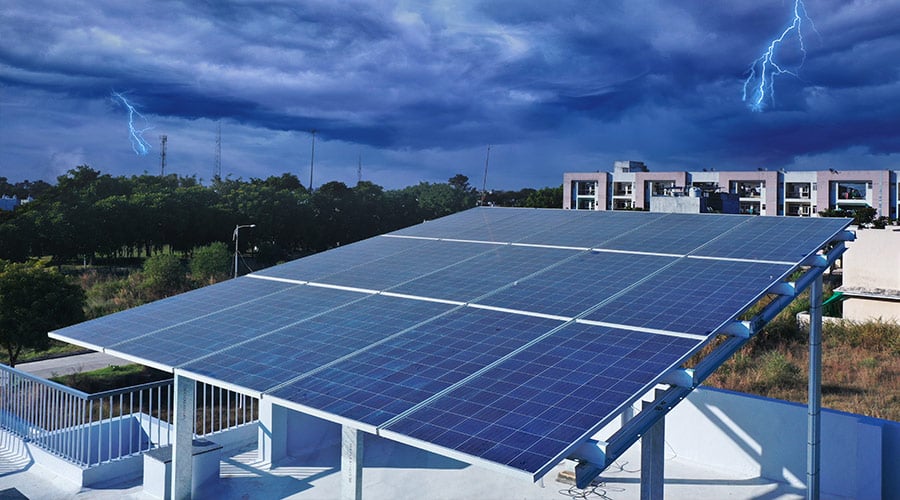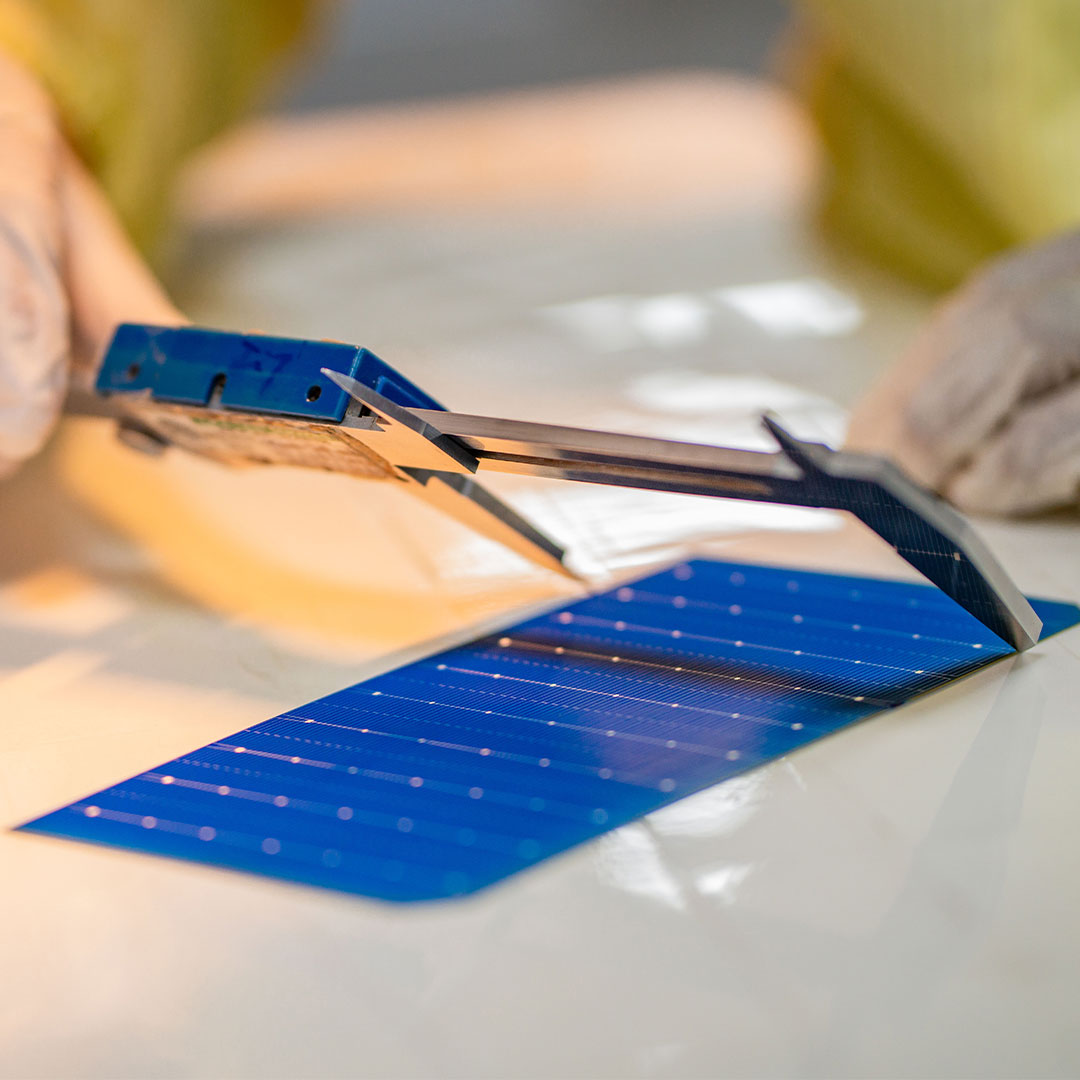How to Obtain a Solar System for a Housing Society in Your City
If you are a committee or RWA member of your society and you’re thinking about going solar, this article will help you understand– Ways housing societies can take advantage of solar subsidies The necessary documents for the application The steps to secure approval from the AGM for solar panel installation. The post How to Obtain a Solar System for a Housing Society in Your City appeared first on Rooftop Solar for your home and more - Blog | SolarSquare.
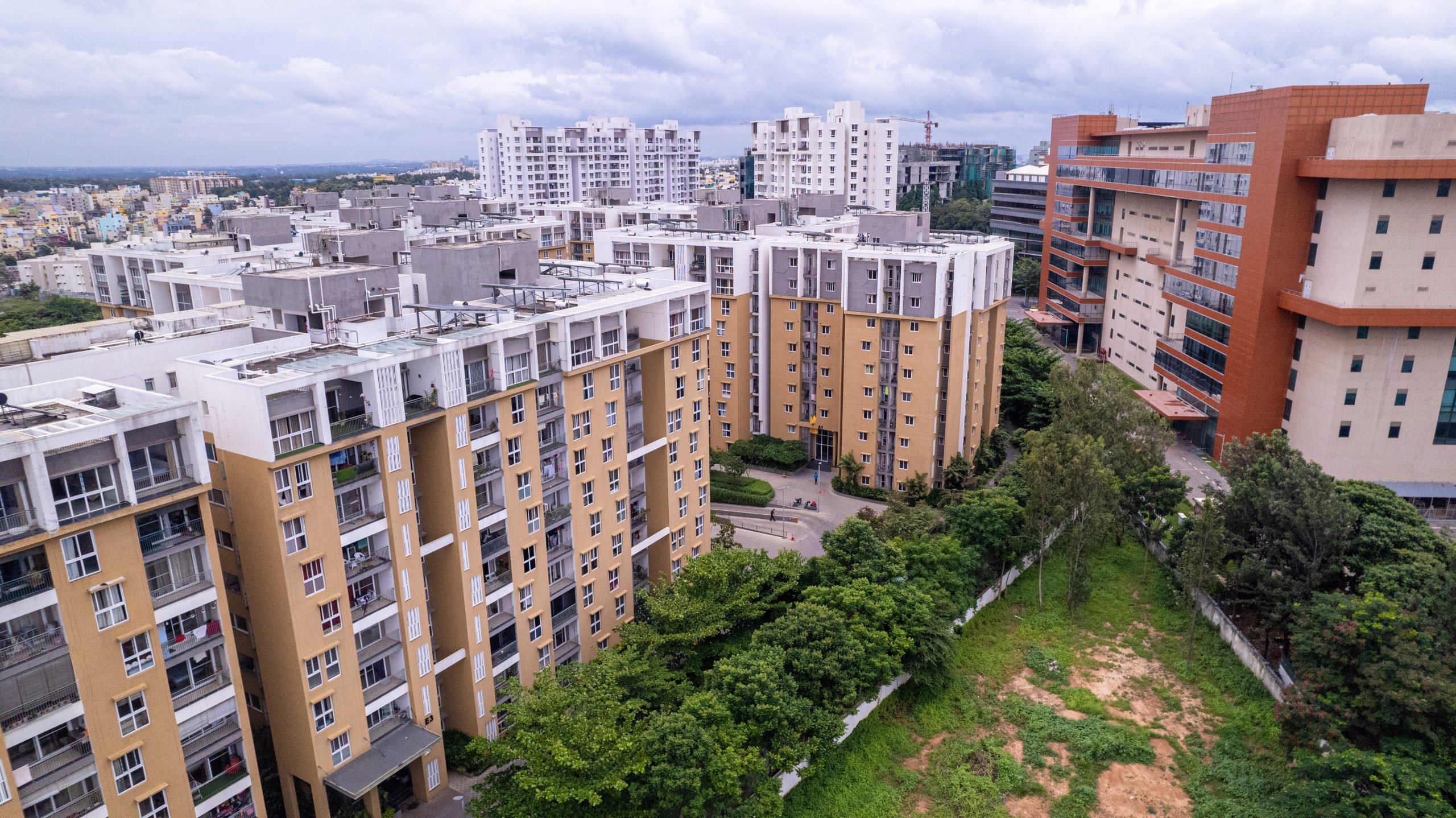
As a housing society, what’s the most foolproof way to slash your maintenance costs while preserving the environment?
By embracing solar power!
Housing societies that have adopted solar power are already reaping significant benefits:
- Substantial savings on electricity bills
- Achieving quick break-even on their solar investments
- Contributing to environmental sustainability
SolarSquare has succeeded in helping 150+ housing societies transition to solar energy and has delivered remarkable savings. In Bangalore’s prestigious Shriram Whitehouse Apartments, we installed a 173 kW solar system that has already saved residents an impressive ₹50 lakhs on their electricity bills.
Similarly, at SNN Raj Greenbay, another premier housing society in Bangalore, our 341 kW solar installation is saving residents approximately ₹3-4 lakhs every month. These consistent savings offer financial relief and a powerful reminder of the long-term value of investing in solar.
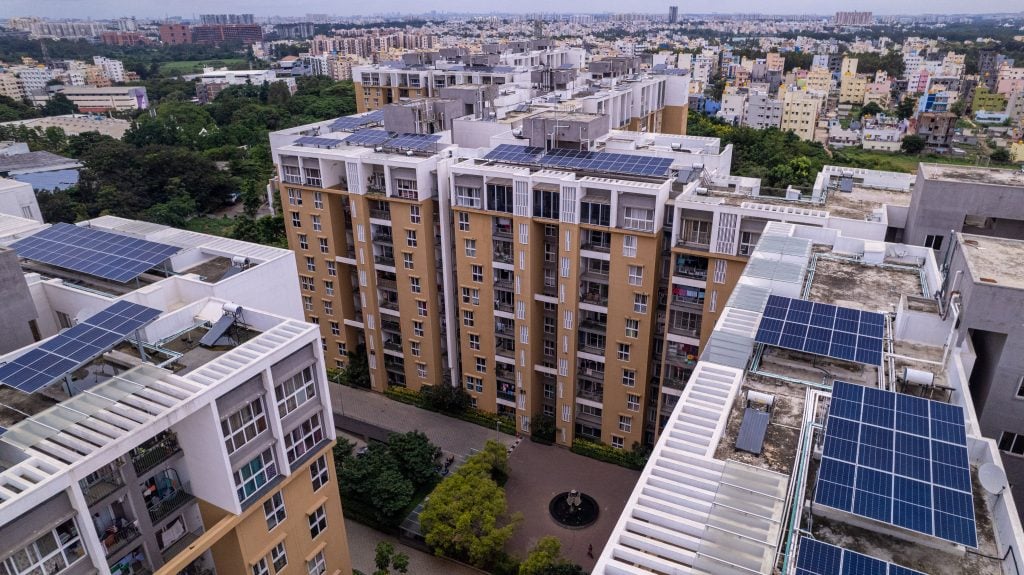
One of our early adopters, Century Saras Housing Society, another housing society in Bangalore, embraced solar energy back in 2020. Their investment has already reached break-even, far ahead of schedule, and they now look forward to enjoying more than 20 years of free electricity.
These success stories highlight the enduring impact of solar energy, proving that the benefits extend far beyond the initial investment.
If you are a committee or RWA member of your society and you’re thinking about going solar, this article will help you understand–
- Ways housing societies can take advantage of solar subsidies
- The necessary documents for the application
- The steps to secure approval from the AGM for solar panel installation.
Understanding these key aspects will help your society in its respective city in India to smoothly transition to solar power and maximise the benefits of government incentives.
Required Documents, Subsidy, and Approximate Cost
Under the PM Surya Ghar Muft Bijli Yojana, the Indian government offers rooftop solar subsidies at a flat rate of Rs 18,000 per kW across all states and cities. The maximum subsidy amount is Rs 90 lakhs.
Before applying for the subsidy, the total solar system installation cost could range from Rs 45,000 to Rs 65,000 per kW. After subsidy, the price could be reduced to roughly Rs 30,000 to Rs 47,000 per kW.
The eligibility criteria for a housing society to avail of the subsidy include the following:
- The Society should be legally registered.
- The Society should have a PAN Card
- The Society should have an eligible Bank Account
- The panel should be an Indian-manufactured DCR
- The Society should have a Detailed Project Report (DPR) from Engineering Procurement Construction professionals (EPC)
Housing societies must have the documents below to secure this government subsidy.
- Proof of Identity and Address
- Identity proof of the society’s authorised signatory (e.g., Aadhaar card, PAN card).
- Address proof of the society’s registered office (e.g., utility bill, rental agreement).
- Society Registration Certificate
A copy of the society’s registration certificate, which is proof of the society’s legal existence - Electricity Bills
The most recent electricity bill(s) for the society’s common areas or the building where the solar system will be installed. - Resolution of the Society
A formal resolution passed by the society’s AGM or managing committee authorising the solar panel installation and appointing a committee to oversee the project. - Roof Ownership Certificate
Documentation proving the society’s ownership or legal right to use the roof where the solar panels will be installed. - No Objection Certificate (NOC)
An NOC from the local municipal authority, if required, to allow the installation of solar panels on the society’s property. - Feasibility Report
A report from DISCOM or an accredited solar vendor that assesses the suitability of the site for solar installation and provides technical specifications.
Tips to Achieve Approval from the AGM to Install Solar
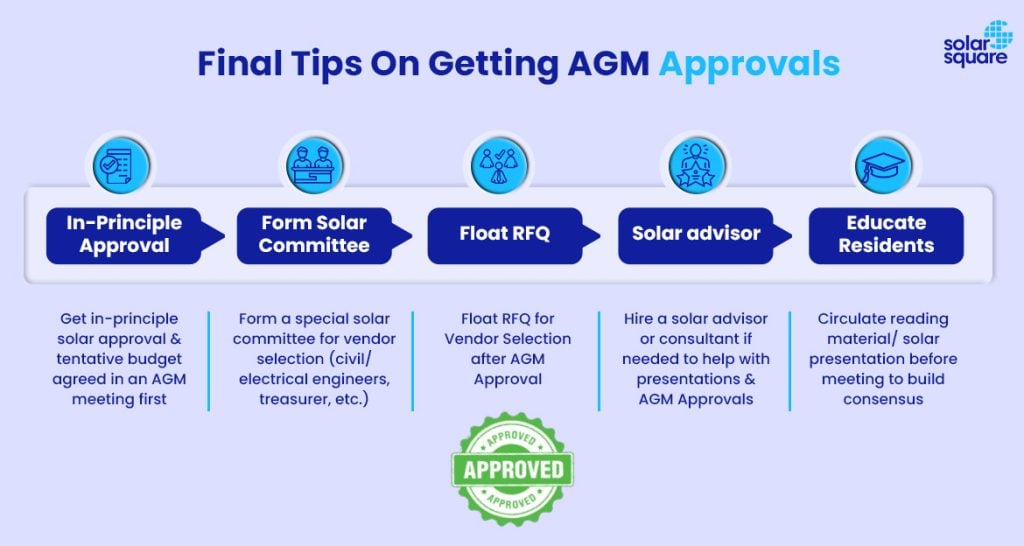
One of the most important steps in installing solar power is getting approval from your housing society’s Annual General Meeting (AGM).
A pro tip: Before the AGM, you can informally gauge the society member’s interest and support for a solar project.
Once you have a reasonable estimate of the level of support from the members, here’s how you can manage achieving the necessary approvals effectively.
1. Get In-Principle Approval and a Tentative Budget from the AGM
Draft a clear proposal emphasising the approximate cost of going solar including expected installation, maintenance, and other relevant costs, the benefits of solar energy, potential financial savings, and environmental effects.
A well-prepared plan that addresses possible objections and emphasises long-term benefits will likely get AGM approval.
2. Form a Solar Committee
Build a specialised committee with various talents and interests, including finance, engineering, and project management. The committee’s responsibilities include:
- Studying the available solar options
- Communicating with vendors
- Managing the budget
- Supervising the project from start to finish
Having a dedicated team guarantees that the project is well-coordinated and that decisions are made for the benefit of society.
3. Float a Request for Quotation (RFQ) for Vendor Selection
The RFQ should explicitly state the project requirements, estimated system size, installation timetable, warranty, and maintenance services. While evaluating the quotations, consider cost, vendor experience, product quality, and after-sales service.
4. Hire a Solar Advisor
The right solar advisor will ensure your society’s project is designed and implemented correctly. They will be a valuable liaison between the Solar Committee, and society members, addressing concerns and making decisions more efficiently. Reputed solar vendors like SolarSquare will act as solar advisors to help you through the process.
3. Educate Society Members About Solar
Organise awareness campaigns to inform society members about long-term cost savings, enhanced property value, and the ecological impact of solar energy. Share success experiences from other societies that have implemented solar energy.
To get everyone on the same page and excited about the project, hand out informative brochures, host Q&As, and keep everyone updated on the progress of this endeavour.
Choose Sahi Solar for your Housing Society with SolarSquare
SolarSquare is India’s #1 rooftop solar company and the highest-rated in the market, with an impressive Google Rating of 4.8+ and over 4,500 customer reviews.
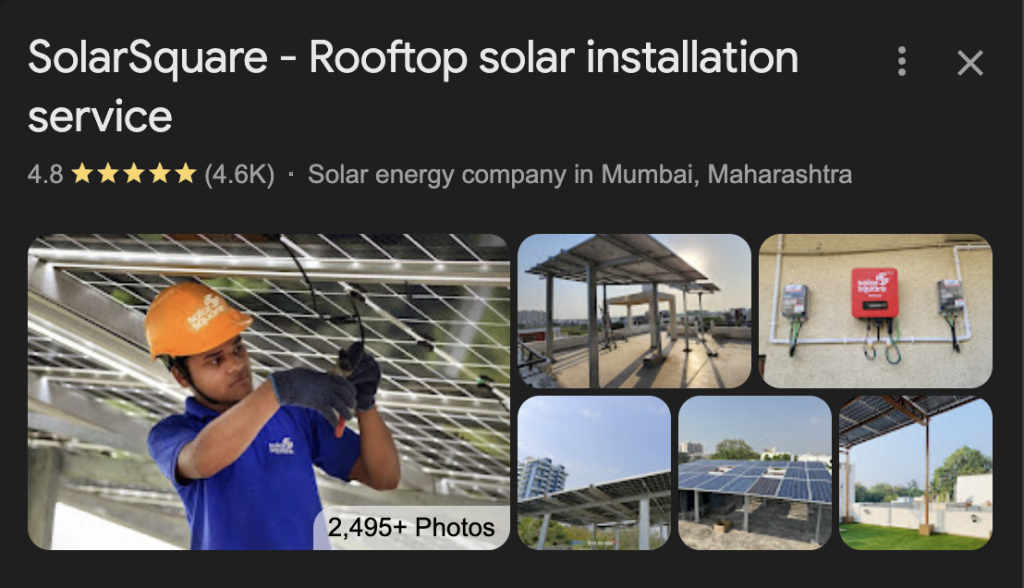
We offer free consultation services to help you and your society members understand the benefits of solar energy and how it can be tailored to their needs. Our solar experts will assess your property, provide detailed insights, and guide you through the entire process, from planning to installation. There are no middlemen involved, only our crew in blue from the beginning till the end.
We also understand that every housing society has different financial capabilities. Therefore, we offer flexible financing options to make solar accessible to all. Whether your society prefers upfront payment, financing through EMIs, or a customised payment plan, SolarSquare solutions fit your budget.
We are committed to using only the highest quality components in their installations. From solar panels to inverters and mounting structures, every component selected ensures maximum efficiency, durability, and long-term performance.
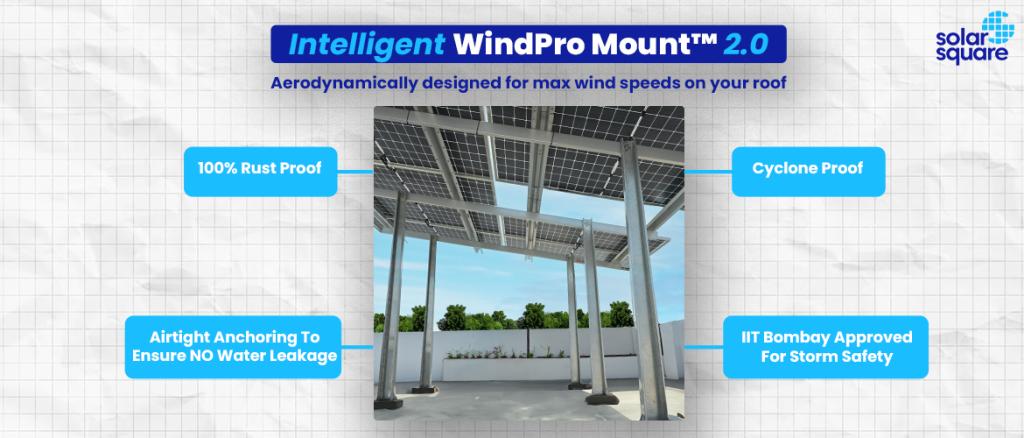
Our innovative Intelligent WindPro Mount is a trademarked solution designed to withstand extreme weather conditions, including cyclones. These cyclone-proof solar structures, approved by IIT Bombay, provide peace of mind, ensuring your investment is protected even in the harshest climates.
Make the switch towards Sahi Solar with SolarSquare – contact us today.
FAQs
Q1. When will the housing society get the solar subsidy?
Ans. The timeline for receiving this subsidy varies, depending on the approval process by the government authorities and their disbursal cycle. You can check your subsidy status through the national portal for rooftop solar.
Q2. How can the housing society apply for solar financing with SolarSquare?
Ans. A criteria to qualify and apply for solar financing with SolarSquare is as follows:
The eligibility criteria:
Profitability of the Society Revenue should be positive Maintenance Collection 90% must be collected on Time Capital + Reserves Must be 10% of Loan Value Power Bill Repayments No dues Right to Roof To be present for solar installation. Provision of borrowing in bye-laws Should be available Duration of present Society’s management committee and next election date Minimum till loan tenure. Any existing major loan from the Bank Yes/No
Documents required include the following:
- PAN CARD of society – Self-attested
- KYC of signing authority (Any 2 Member) – Self-attested
- Registration documents – Self-attested
- List of members – Self-attested
- Contact details of signing authority
- Last 12 months’ bank statement
- The last 3 months’ electricity bill
- Last 2 years audited financials
- Quotation
Loan approvals are fast, often within 2-3 days. EMIs commence after the loan is approved.
Q3. When will the breakeven point reach for housing societies?
Ans. The breakeven point for housing societies investing in solar energy depends on the price per unit charged by the electricity board.
Formula:
Breakeven Point (years) = Net Cost of Solar Project/Annual Savings
Where:
- Net Cost of Solar Project = The total cost after subsidy.
- Annual Savings = Annual Energy Production (in units) × Rate per Unit of Electricity
Example Calculation:
For a 100 kW system with an average cost of ₹60,000 per kW:
- Net Cost of Solar Project = ₹60,00,000 – ₹18,00,000 = ₹42,00,000
- Rate per Unit of Electricity = ₹10 per unit
- Annual Energy Production = (from the previous example, 100 kW system) ≈100×1400=1,40,000 units/year
Steps:
- Calculate Annual Savings:
Annual Savings = 1,40,000×10 = ₹14,00,000 - Calculate Breakeven Point:
Breakeven Point (years) = 60,00,000 / 14,00,000 ≈ 4.2 years
This means the housing society would recover the solar installation cost in about 4.2 years from saving on electricity bills.
Q4. What is the maximum subsidy a housing society can avail through PM Surya Ghar Muft Bijli Yojana?
Ans. Housing societies can receive a government subsidy of ₹18,000 per kilowatt, up to ₹90 lakh for a maximum of 500 kilowatts, under the National portal for rooftop solar subsidy.
Q5. Is solar maintenance necessary for housing societies?
Ans. Yes, solar maintenance is necessary to ensure optimal performance of the solar power systems. Over time, panels can accumulate dust, debris, bird droppings, and other residues that can significantly decrease their effectiveness.
One of our housing society projects, Prestige South Ridge in Bangalore, has diligently maintained their 268 kW solar plant with our comprehensive maintenance services. The result? This solar system has consistently exceeded its committed generation targets month after month, delivering an impressive 10% solar savings to the residents.
Scheduled maintenance, including cleaning and inspections, can prevent these issues, prolong the solar system’s lifespan, and ensure that the system continues to provide substantial energy savings for society.
The post How to Obtain a Solar System for a Housing Society in Your City appeared first on Rooftop Solar for your home and more - Blog | SolarSquare.
What's Your Reaction?





























